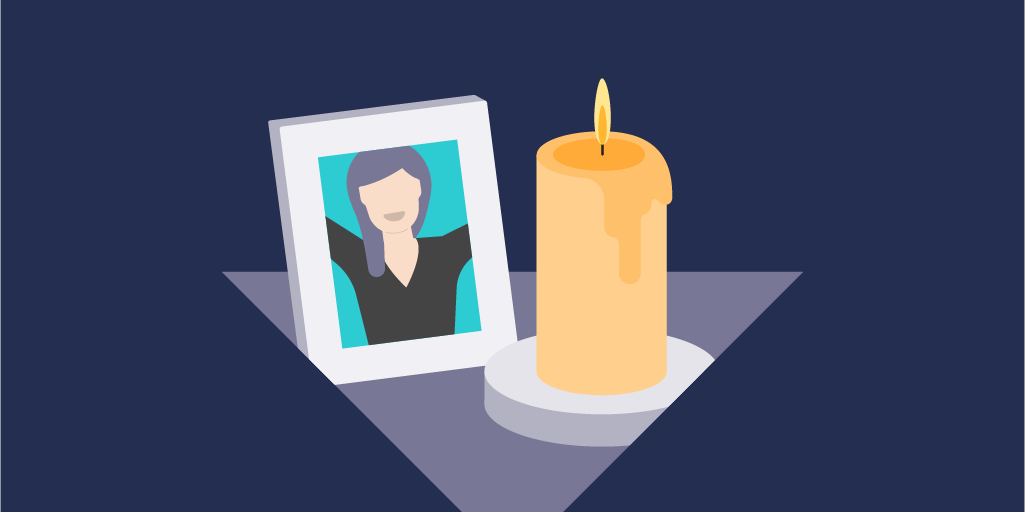
Supporting those affected by the death of Her Majesty Queen Elizabeth II


If you are feeling affected by the death of Her Majesty Queen Elizabeth II, then you’re not alone.
When a public figure dies, the emotional response we experience as individuals can be overwhelming. Although we might feel sad at the loss of the person, we may find ourselves experiencing feelings of personal loss and a past bereavement too.
There is no ‘right way’ to grieve, no rules about how somebody will feel, and how long it will take. But there are some things that people who have been bereaved say can help, and some coping strategies that may not serve the bereaved person so well.
We hope the links and resources shared here offer support if you, or someone you know, needs it.
Making sense of HM Queen Elizabeth II’s passing
Cruse Bereavement Care has developed an article to help people make sense of the grief they are feeling for HM Queen Elizabeth II. It outlines reasons why people may be feeling unexpectedly upset by the Queen’s passing and where to seek support.
Marie Curie’s online article explains how a collective grief event, such as the death of HM The Queen Elizabeth II, can feel like there’s more general ‘permission’ to feel sadness and to be openly emotional about grief in general.
Winston’s Wish, a child bereavement charity, outline how the death of a prominent figure can significantly affect children, as well as adults. They have put together a helpful article on how to talk to children about the death of HM The Queen Elizabeth II.
Bereavement support for you or someone you know
The following websites provide bereavement support for wherever you live in London:
- Cruse Bereavement Care – offers a helpline, webchat, and local services alongside bereavement support, advice and information to children, young people and adults.
- The Good Grief Trust – helping the bereaved acknowledge their grief and provide reassurance, offering a virtual hand of friendship and ongoing support.
- At A Loss – a signposting website for anyone bereaved and those supporting them.
You can also search for bereavement services in your area by finding out what your local council offers.
London’s digital wellbeing service, Good Thinking, has a helpful bereavement section on its website about loss and grief, including resources to help you cope with loss and support others who are grieving. Within this, Good Thinking has a guide for practitioners on how to provide culturally sensitive bereavement support and a range of faith-based bereavement resources.
Further professional help and support
There are a range of helpful listening services available 24 hours a day, 7 days a week:
- When life is tough the Samaritans are here to listen at any time of the day or night. You can talk to them about anything that’s troubling you, no matter how difficult. Call free on 116 123.
- The helpline team at The Silver Line can offer information, friendship and advice to older people and link you to local groups and support services. Call 0800 4 70 80 90.
- Get confidential 24/7 text support from Shout for any time when you need immediate assistance. Just text “SHOUT” to 85258 for free.
You can get further support from NHS-approved online resources. For example, to help build resilience and maintain good wellbeing, there’s a range of resources for everyone at Every Mind Matters. As well as London’s digital mental wellbeing service, Good Thinking, which promotes proactive self-care for the four most common mental health conditions: anxiety, low mood, sleeping difficulties and stress.
Whilst grief is a natural response to loss, some people may need additional, specialised support to help them to cope. Anyone who is feeling overwhelmed by their grief can call their local NHS urgent mental health helpline. You can call for 24-hour advice and support for you, your child, your parent, or someone you care for – support is available for all ages.
If you do not require urgent support but are still concerned about your mental health, contacting your GP is a good place to start. You can also refer yourself for free, non-urgent NHS talking therapies, or psychological therapies, services which provide evidence-based treatments for depression and anxiety.
Finally, Thrive LDN has created a space called Help Yourself and Others to help share ideas and resources to help improve our wellbeing or to find out how to support others.